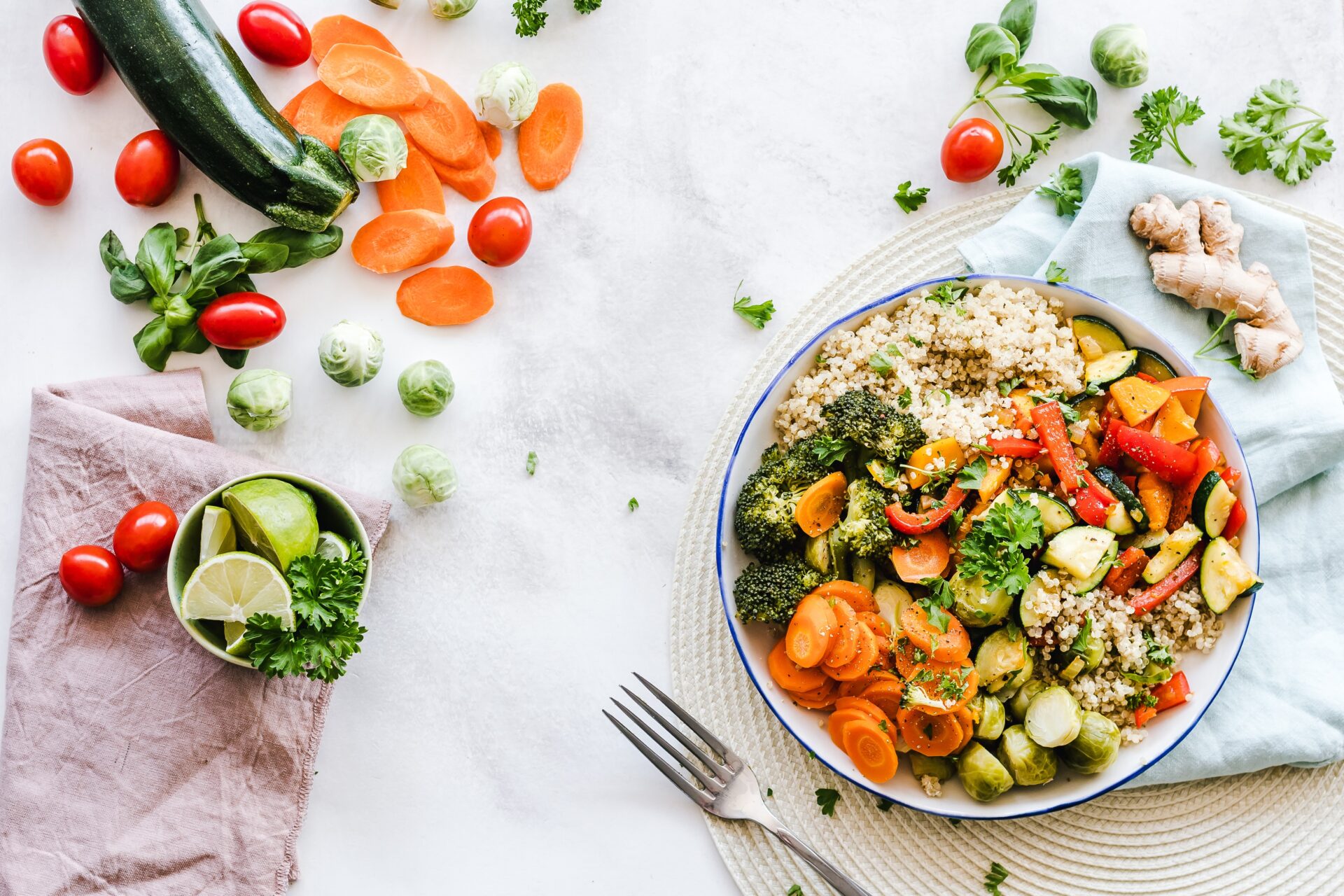Some people may think that there is not a big difference between eating organic food versus conventional food. There are actually many differences, but first, let’s start by learning more about what organic means.
What does “organic” mean?
When it comes to produce, it can only be called organic if it is certified to have been grown in soil that has not had any chemicals or other substances applied to it for at least three years before the harvest of the fruits or vegetables. These types of substances include the majority of synthetic fertilizers that are on the market, as well as pesticides.
For meat to be labeled as organic, the animals from which the meat comes must have been raised in living conditions that are just like their natural habitats. This means the animals are fed 100 percent organic feed or forage, have the ability to graze in pastures and have never received any hormone or antibiotic therapies.
There are many processed foods made with multiple ingredients on the market but the USDA requires organic foods to be free of artificial preservatives, flavors, and coloring. They also must contain only ingredients that are organic, with a few exceptions.
The Benefits and Pros of Organic Food
There are many benefits to organic food and one of those is the fact that organic produce is purchased fresh directly from farmers or at farmers’ markets. You could also purchase organic produce at the grocery store, but you do not know how long it has been stored before it was put on shelves and then how long it’s been sitting in the store. Produce that comes from overseas that has been grown in other countries may also have been sitting while traveling for long periods of time. If you want to go out to eat at an organic restaurant but want to ensure that the food is fresh, you can check out the listings at Organicresaurants.com to help you locate restaurants that only serve fresh produce.
Organic food is also free of pesticides and other chemicals. Organic fruits and vegetables simply follow the seasonal cycle so they can grow naturally without being preserved or stimulated by chemicals. This means that organic fruits and vegetables have a much better flavor to them than the ones that are filled with chemicals and covered in pesticides.
Organic food is also free from GMOs. This means that they are not genetically modified. It has not been proven if genetically modified foods will have any adverse long-term effects on people’s bodies, so by eating organic, you are avoiding that altogether.
Fruit and vegetables are seasonal and only grow at certain times of the year. That is the way that nature meant it to be, which is more important than you may think. When you eat organic food, you are eating what is currently in season and the produce that grows best during that time period. For example, winter vegetables include things like carrots, leeks, pumpkins, and potatoes, which are great in soups and stews. You may look forward to summertime when you could bite into a juicy peach, watermelon, pineapple, or cucumber.
Organic fruits and vegetables are filled with more nutrients since they are free from GMO’s and chemicals. This means they can help to make our immune system stronger and provide us with the vitamins and minerals we need to be healthy.
Organic foods normally come directly from local farmers to you, which means time is saved as well as expense, packaging, and travel. Not only are we decreasing our carbon footprint when it comes to the environment by not having to ship organic fruits and vegetables, but we are also supporting local farmers in our area and our local economy.
Cons of Organic Food
As noted above, there are many benefits to purchasing and consuming organic food, but there are also some downsides to it.
One reason is that organic produce does not last as long as conventional produce that has been injected with artificial preservatives and other chemicals to keep it good longer. Another downside to organic food is the fact that it is more expensive to purchase than non-organic food. This keeps a lot of people away from changing their eating habits to purchasing organic foods instead. People who are low income or who are on a tight budget simply cannot afford the higher prices at the grocery store for the organic options. Keep in mind, though, that by purchasing directly from a local farmer or farmers’ market, there are good deals to be had to keep the price down.
There is a certain number, although very limited, of chemicals that can be used in organic food production. While organic foods may be healthier overall, there is no evidence that organic foods contain more nutrients than non-organic foods.
It may be harder to find a restaurant to eat at when you only want to eat organic food. Many restaurants in today’s world do provide some amount of organic food options on their menus, but not very many. If you are looking for a full dining experience that is completely organic, the best way to do that is to turn to the website of organicrestaurants.com. This site allows you to locate organic food restaurants at various locations throughout the United States and elsewhere. This is very important for people who eat organically but are traveling, vacationing, or even moving to a new city or area.
Contact Us
By visiting the Organic Restaurants website, you will have a wealth of information at your fingertips when it comes to places that serve organic foods. There are also restaurants listed that offer several organic food choices on their menus along with other options, so you and your entire family or friend group can eat at one place. Simply visit the site to search for organic restaurants that are located nearby to your location. You can then head out to have some delicious organic food without any hassle!
